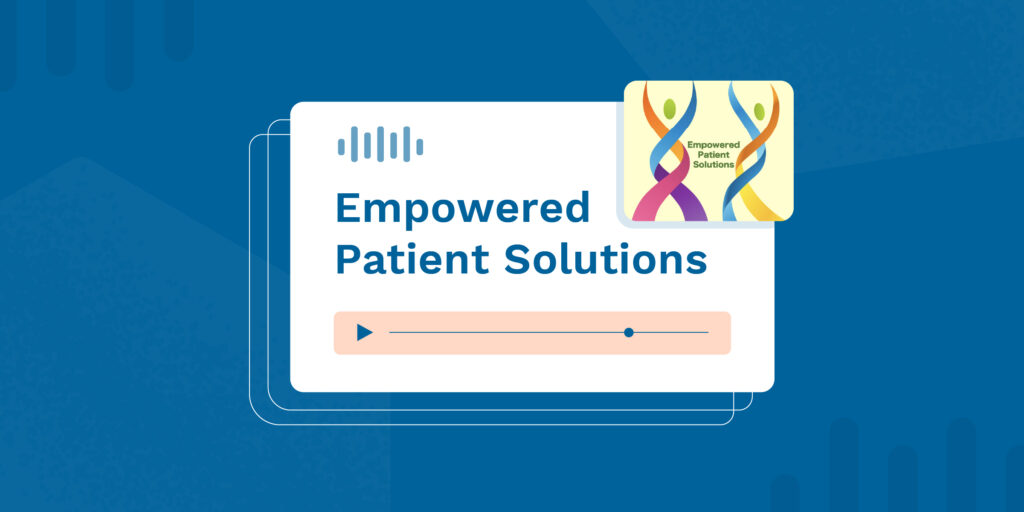The overwhelming majority of drug overdose deaths involve opioids, reaching nearly 70% in 2018. The United States entered what is known as the “third wave” of opioid deaths in 2013. The majority of opioid overdose deaths are caused by synthetic opioids, with 40% of all deaths involving a prescription opioid.
In 2017, the opioid epidemic was declared a public health emergency by the Department of Health and Human Services. Since then, the United States government has taken strides to address the crisis with several acts, provisions, and federal laws. We’ll address some of the most frequently asked questions about these changes, beginning with the SUPPORT for Patient Communities Act.
How does the SUPPORT for Patients and Communities Act address the opioid crisis?
SUPPORT for Patient Communities Act, or the Substance Substance Use–Disorder Prevention that Promotes Opioid Recovery and Treatment for Patients and Communities Act, was made a federal law on October 24, 2018. The act addresses the opioid epidemic by expanding treatment for opioid addiction while cracking down on synthetic drugs.
According to the American Society of Addiction Medicine, the bipartisan bill “includes critical provisions to teach addiction medicine by increasing and strengthening our workforce, standardizes the delivery of addiction medicine and expand access to high-quality, evidence-based care, and cover addiction medicine in a way that facilitates the delivery of coordinated and comprehensive treatment.” These provisions cover Medicare, Medicaid, and public health reforms.
What are the federal e-prescribing mandates required on January 1, 2021?
The Electronic Prescribing for Controlled Substances (EPCS) requires electronic prescriptions of controlled substances by eligible healthcare providers. These electronic prescriptions are more easily monitored and tracked than paper prescriptions, providing greater control and security.
Recent mandates expand EPCS throughout the United States. The Every Prescription Conveyed Securely Act requires all prescriptions for controlled substances under Medicare Part D to be conveyed electronically, beginning January 1, 2021. Not only do providers need to comply with EPCS, but they also need to register with and receive an ID number from the DEA under DEA Title 21. Compliance also requires two-factor authentication tokens and strict safeguarding of any passwords.
Many states already have EPCS laws in place, starting with New York in March 2016. Other states have followed, with the latest being Virginia with a July 1, 2020 effective date.
There are exceptions and waivers to some state EPCS laws. Providers can refer to each state’s Department of Health to review these exceptions and apply for waivers if necessary.*
Do providers need to register prescriptions with state Prescription Drug Monitoring Programs (PDMP)?
PDMPs (sometimes called PMPs) serve as electronic databases of prescribed controlled substances. These databases allow prescribers to view and monitor the medication history of their patients. The purpose of PDMPs is to curb adverse drug effects, substance abuse and addiction, drug diversion, and doctor shopping. In some states, it’s mandatory to review a patient’s prescription history via the PDMP before prescribing controlled substances and opioids.
To date, there is no federal PDMP. However, 49 states have active PDMPs, and the only state without one, as of June 2020, is Missouri. Specific laws and requirements vary by state.
How can I meet EPCS compliance requirements quickly?
Many providers are looking for ways to meet different compliance requirements with one comprehensive solution. Electronic prescribing solutions must be EPCS-certified and meet DEA Title 21 requirements. For ease of use, these tools should provide access to each state’s PDMPs as well. It’s a tall order, but one that must be filled to ensure compliance and patient safety.
With deadlines looming, quick implementations are critical. RXNT’s eRx software is EPCS-certified, meets DEA requirements, and provides direct access to all state PDMPs. For a closer look at our solution, get in touch with our team for a no-strings-attached, virtual demo. We’ll have you writing prescriptions within 10 business days from the date you enroll and complete the self-paced training.
*The information in this article is current as of June 2020 and for general information purposes only. RXNT makes no warranties or representations of any kind, express or implied, about the accuracy, completeness, or reliability of the information in this article. RXNT assumes no liability for any damages caused by inaccuracies in this content. All users should consult with their jurisdiction for the most up to date and accurate information about any existing or pending legislation.
Sources:
What is the U.S. Opioid Epidemic?
The SUPPORT for Patients and Communities Act (H.R. 6)
H.R. 3528, Every Prescription Conveyed Securely Act
Issues at a Glance: Prescription Drug Monitoring Programs (PDMP)
Related Articles:




